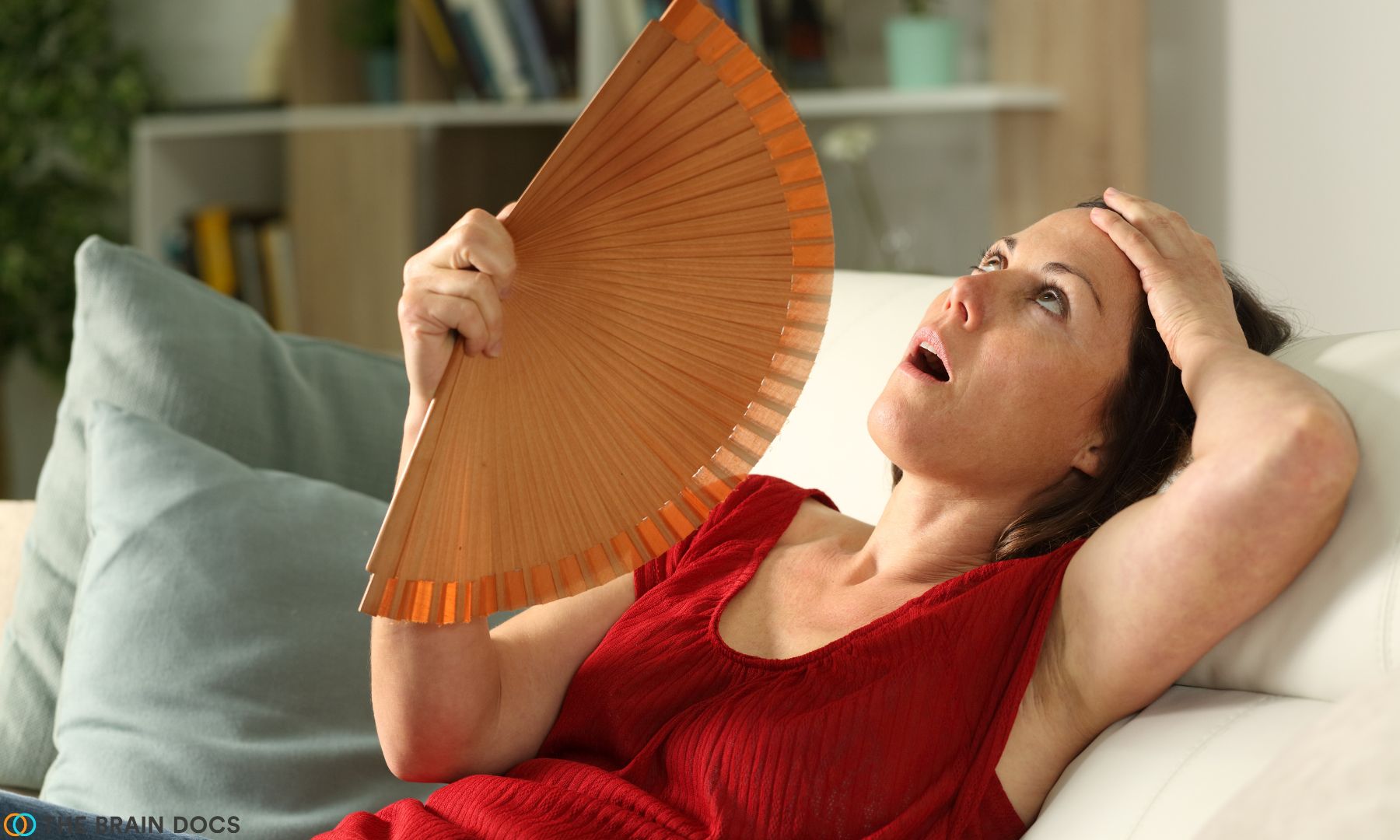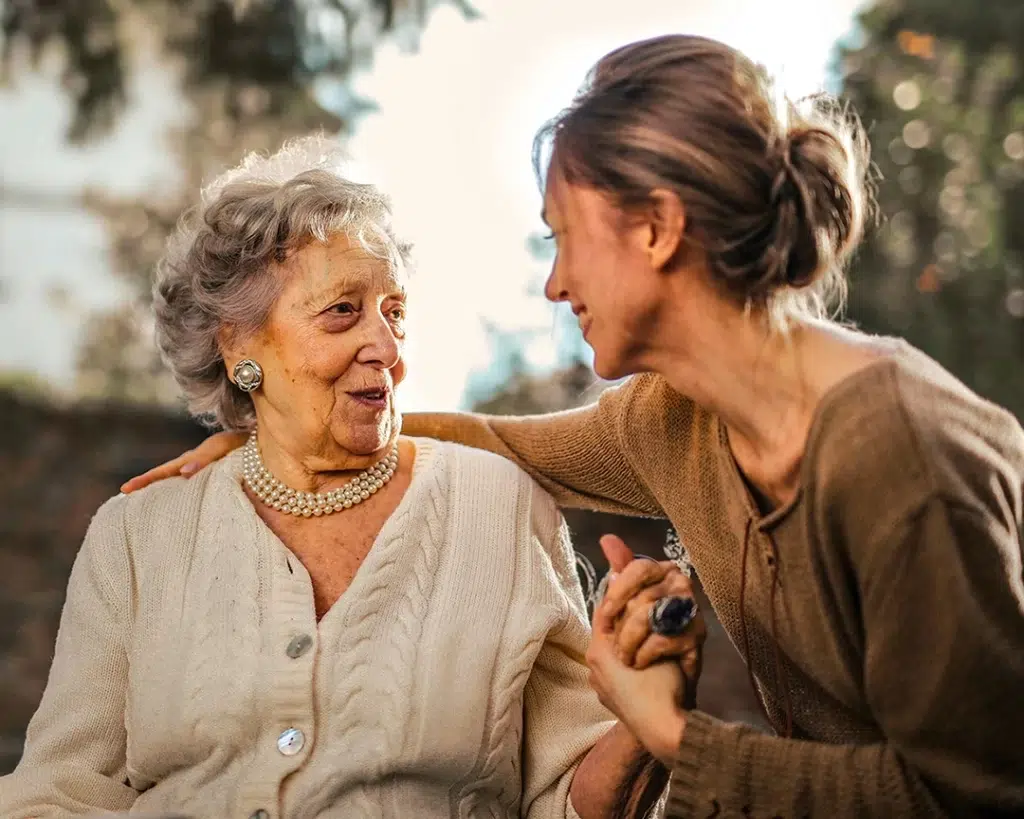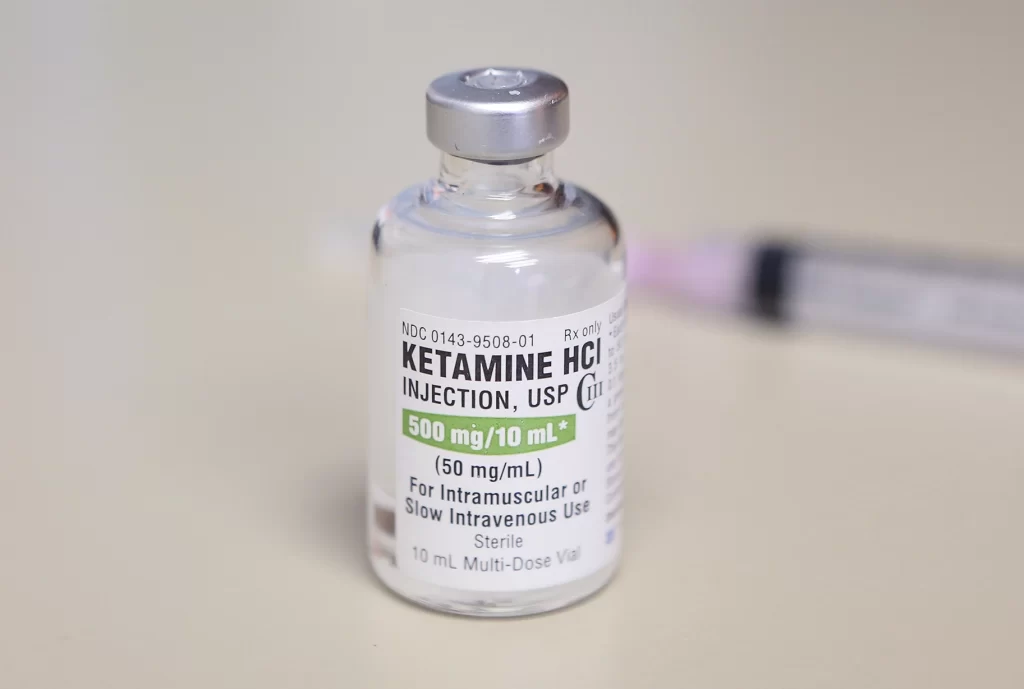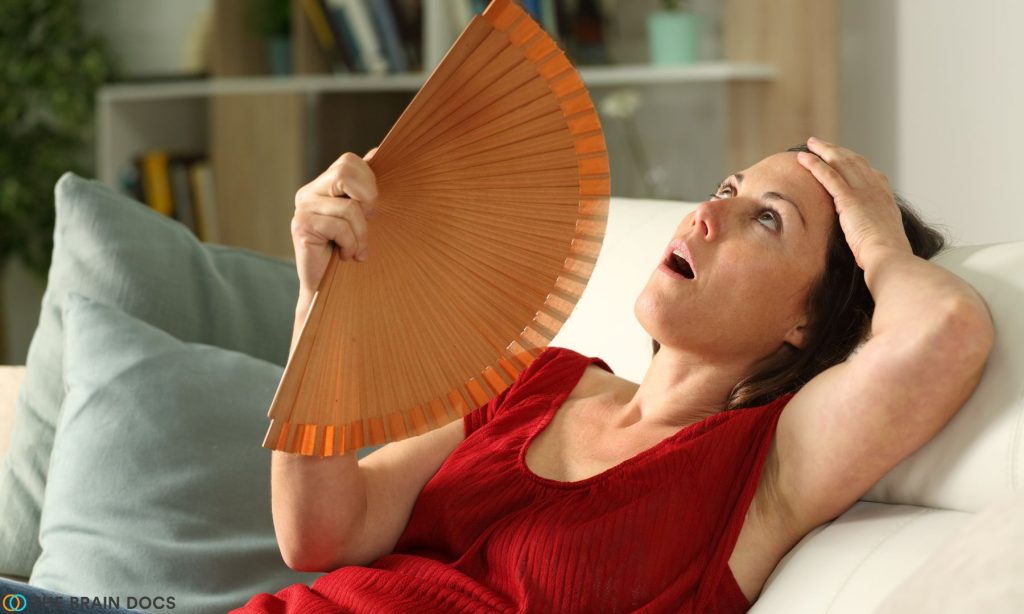We originally shared this as a newsletter! Get more, direct to your inbox.
Two thirds of those diagnosed with Alzheimer’s disease are women — but why?
We used to think cognitive decline was something that started in old age. Now we know: it can begin in midlife — ESPECIALLY for women.
But, we’re fortunate to be living in a time when science is finally taking women’s brain health concerns seriously.
And, with neuroscientists like Dr. Lisa Mosconi, advocates like Maria Shriver, and storytellers like Lisa Genova, who all feature on our podcast this week, the state of research and discussion has been revolutionized.
The focal point of this conversation is menopause, a stage of life when there’s a sharp drop in the levels of a hormone called estrogen.
Estrogen plays a vital neuroprotective role, supporting energy metabolism, maintaining the structural integrity of neurons, and defending against processes that lead to cognitive decline.
Hormone replacement therapy (HRT) was created to supplement these hormonal changes.
A highly-publicized study in the 90s and 2000s resulted in widespread confusion about the effectiveness and risks of HRT, but there was something we didn’t know then that we know now: the importance of when the therapy is administered.
Dr. Lisa Mosconi said on our podcast:
“There seems to be a window of opportunity — around minus 10 to plus 10 years relative to your final menstrual period — where your brain and your body are more sensitive and more receptive to hormone therapy.”
We discuss all of this — and so much more — in great depth on the latest episode of our podcast, ‘Your Brain On… Menopause’.
And, we’re very excited to say, full video versions of episodes will be available on YouTube going forward!
Many of you have been asking for this for a while, so, we’re excited to be sharing these stories and insights in a new format.
Podcast Guests
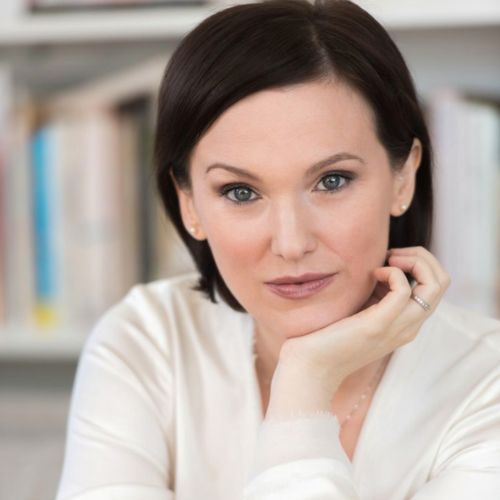
Dr. Lisa Mosconi
Director of the Women’s Brain Initiative, author of ‘The Menopause Brain’, and pioneering researcher in brain imaging and hormonal neuroscience.

Lisa Genova
Neuroscientist and bestselling author of ‘Still Alice.’ Which was then adapted into a film starring Julianne Moore, who won the 2015 Best Actress Oscar for her role as Alice Howland.

Maria Shriver
Founder of the Women’s Alzheimer’s Movement, journalist, and relentless advocate for gender equity in brain health research.
Video of the Week: Your Brain On...Menopause
Are you approaching menopause?
We explain the neurological effects of menopause in this video over on our Instagram. Additionally, we discuss the matter in-depth in our podcast episode: ‘Your Brain On…Menopause’!
Recipe of the Week: Blueberry Rosemary Oat Scones
Spring is right around the corner which means there will be plenty of opportunity for brunches and lunches with your favorite people.
So, for this week’s recipe, we’re featuring our homemade brain-healthy Blueberry Rosemary Oat Scones.
Save the following shopping list for later so you can prepare the ultimate pastry for your next springtime get-together.
Blueberry Rosemary Oat Scone shopping list:
- Oat flour (oats pulverized into flour — you can process rolled oats in your blender)
- Baking powder
- Monk fruit sweetener or any sweetener of choice (maple syrup ) would work too)
- 1 lemon
- Fresh or frozen blueberries (I use frozen)
- Almond butter
- Applesauce
- Unsweetened plant milk, preferably soy milk
- Chopped fresh rosemary leaves
- Ground flax seeds
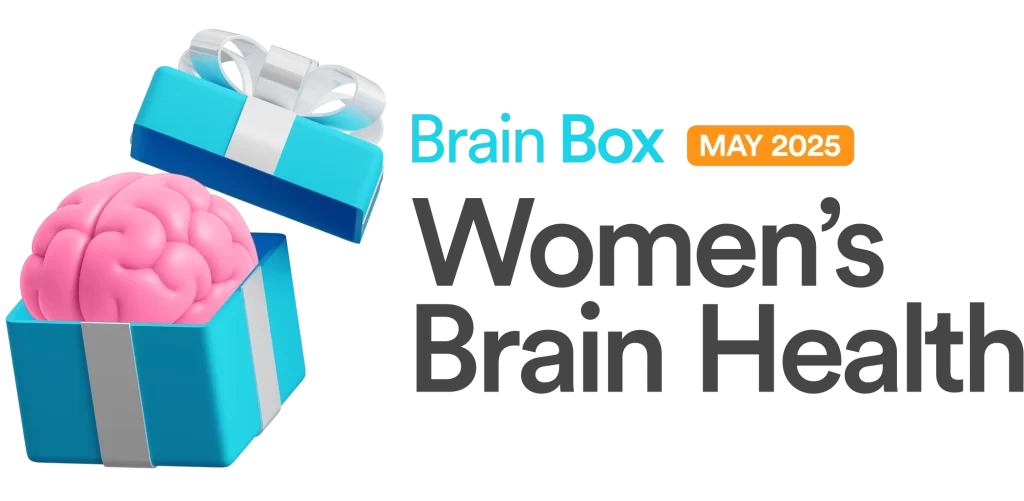
Our FREE Women’s Brain Health Brain Box includes:
🧠 Evidence-based Women’s Brain Health plans
🍓 Brain-healthy Mother’s Day brunch recipes and gift ideas
🧪 A science-backed cognitive test
👩⚕️ Interviews with women’s brain health experts
✅ 10 days of access to our livestreams and Q&As
Interested in more?
Check out more information on your favorite brain-health topics but exploring recent newsletters like “Ketamine as an antidepressant: the benefits and risks, explained.“

